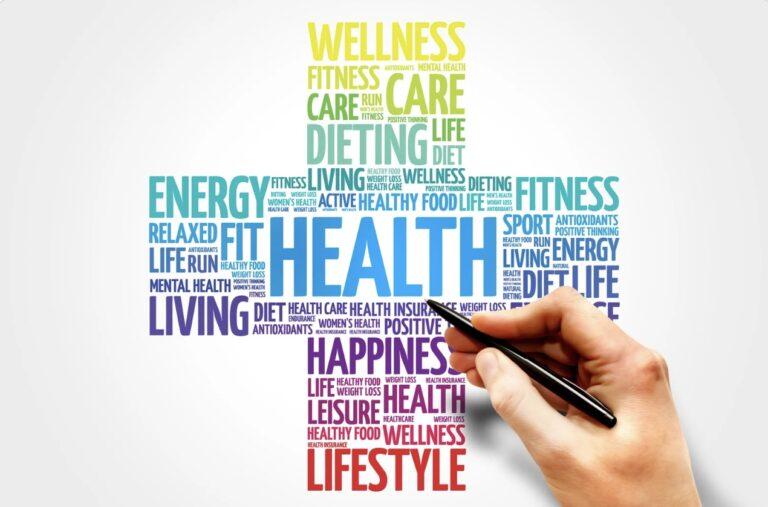
It’s a well-known fact that men put off having blood tests, check-ups and going to see their doctor. Whilst some make up excuses such as not having enough time, many others might in fact be worried that they’ll find out they have something wrong with their physical health.
In fact, data shows that men are less likely than women to visit their GP or pharmacy and in the UK, one man in five dies before the age of 65.
Here, NowPatient will give five tips to help men manage their health and visit their GP.
Don’t rely on Dr Google
We all know Google is an invaluable tool for advice and information. However, when it comes to your health there can be a lot of information and advice that can be misleading and often create an unnecessary cause for concern. A symptom, such as an ache or pain, lump or bump can indicate something completely different from patient to patient. Therefore, it is wise not to spend too much time scouring the internet and take professional medical advice, as soon as is possible.
You’re not invincible
Many men think they’re not going to get ill and/or by ignoring the problem, it’ll simply go away. Often, this is not the case and visiting a GP to talk about your symptoms, can put your mind at rest and/or indicate what the problem may be. The quicker this gets sorted and treated, the quicker you can get back to normal. Leaving a health problem, no matter how small, could make things worse, so don’t delay seeing your doctor.
Prepare for your GP appointment
If you’re feeling anxious about seeing your GP and have a few things to discuss, then it is always useful to write down your concerns/symptoms before your appointment. That way you will make sure you don’t miss anything out, so your GP can correctly diagnose or provide the correct health advice.
Being anxious or having a fear of doctors is normal, it affects 3% of the population, and is triggered by a fear of getting bad news. The fear of doctors, known as iatrophobia, is strong enough to cause “white coat syndrome,” where normal healthy blood pressure soars in the presence of a health professional. Your GP practice will normally have more than one doctor available, so you will be able to make an appointment with your preferred doctor.
There are many things you can do while sitting in the doctor’s waiting room to distract yourself from thoughts that may be related to the doctor’s visit, to ones that are more pleasant and that induce a feeling of calmness. You’ll likely have your phone with you. Try watching movies, browsing social media, scrolling through pictures or listening to music. Bringing along a supportive family member or friend to the doctor’s office also eases anxiety in a number of ways.
GPs are not embarrassed
Don’t be embarrassed by your health conditions. Mental health is a part of that picture too and a good practitioner wants to know how you’re feeling. Remember, your GP will have usually seen someone with the same problem(s), they are highly-trained medical professionals and are used to examining body parts and discussing sensitive or uncomfortable body issues frequently.
Your GP may make a diagnosis and suggest treatment options to help you, such as prescribing medication or dietary supplements. Your doctor will explain any potential side effects you may experience, but you can also speak to your pharmacist who will prepare your medication.
Your GP may make a referral to a talking therapy service, or if they think you may have a mental health problem refer you to a specialist mental health services team or suggest lifestyle changes such as changes in exercise, eating and sleeping habits.
Speak to a virtual GP
The world of digital health is transforming the healthcare system in the UK and helping to ease the burden on the NHS. Companies like NowPatient offer video consultations via mobile technology at a convenient time and location, putting healthcare into the hands of the patient and helping those who find GP appointments uncomfortable, less stressful.
Medical Disclaimer
NowPatient has taken all reasonable steps to ensure that all material is factually accurate, complete, and current. However, the knowledge and experience of a qualified healthcare professional should always be sought after instead of using the information on this page. Before taking any drug, you should always speak to your doctor or another qualified healthcare provider.
The information provided here about medications is subject to change and is not meant to include all uses, precautions, warnings, directions, drug interactions, allergic reactions, or negative effects. The absence of warnings or other information for a particular medication does not imply that the medication or medication combination is appropriate for all patients or for all possible purposes.







